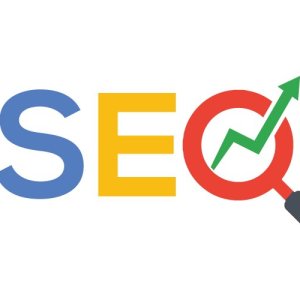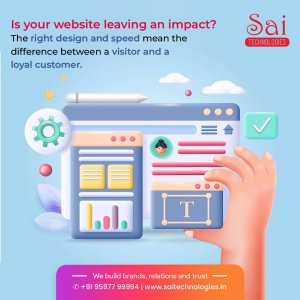
Developing mobile applications for healthcare: challenges and so
Mobile applications have become integral tools in the healthcare industry, providing convenient access to medical information, telemedicine services, and health monitoring. However, developing mobile apps for healthcare comes with unique challenges. Let s explore some of these challenges and the solutions to overcome them. Security and Privacy: Protecting sensitive patient data is paramount in healthcare app development. Implementing robust security measures like encryption, secure authentication, and compliance with privacy regulations (e.g., HIPAA) is essential to ensure data confidentiality and integrity. Regulatory Compliance: Healthcare apps must adhere to stringent regulations, such as FDA guidelines for medical devices or privacy regulations like GDPR. Developers need to navigate these compliance requirements by conducting thorough risk assessments, implementing proper documentation, and following industry best practices. User Experience and Interface: User-friendly interfaces are critical in healthcare apps, considering the diverse user demographics, including patients, caregivers, and healthcare professionals. Incorporating intuitive design, easy navigation, and personalized features can enhance the user experience and encourage app adoption. Interoperability: Healthcare apps often need to integrate with existing healthcare systems, electronic health records (EHRs), or medical devices. Developing standardized interfaces, using interoperability frameworks like FHIR, and ensuring seamless data exchange are vital for app interoperability and data continuity. Performance and Scalability: Healthcare apps must handle high volumes of data, user interactions, and concurrent users. Optimizing app performance, utilizing cloud infrastructure, and conducting load testing can help ensure scalability and responsiveness. Quality Assurance and Testing: Rigorous testing is crucial to identify and rectify bugs, security vulnerabilities, and usability issues. Test scenarios should include various user profiles, data inputs, and interoperability with other systems to ensure a robust and reliable app. Integration of Emerging Technologies: Incorporating emerging technologies like artificial intelligence (AI), machine learning (ML), and Internet of Things (IoT) into healthcare apps can unlock innovative functionalities. However, developers must address challenges such as data privacy, algorithm transparency, and ethical considerations while leveraging these technologies. Maintenance and Updates: Healthcare apps require regular maintenance and updates to address security vulnerabilities, compatibility issues, and evolving user needs. Establishing a comprehensive maintenance plan, monitoring app performance, and gathering user feedback can aid in delivering continuous improvements.
-
Price: 400 INR
Category: Web Design & Tech
Important!
There are a lot of advertisers on Advertigo. We cannot check them one by one.
You work hard for your money and you want a company you can rely on when you are buying or selling things. That’s why we want to help you protect yourself from fraud. In this section, you’ll find informative tips and other useful material to stay informed and help reduce your chances of falling victim to scammers.
Please understand that Advertigo.net is a free service to help buyers and sellers (and etc.) find one another. Advertigo.net is not involved in any transactions and can not police the actions of our many users.
Useful links
Similar ads

Accelerate iot innovation with our cutting-edge ecosystem
In search of a game-changing solution to propel your IoT projects forward? Don’t Look further!
Ashley Lewis
Custom wordpress web design services
Custom WordPress Web Design Services focus on crafting visually appealing and user-friendly website designs tailored
Vision Infotech
Custom wordpress development services
Custom WordPress Development Services offer fully tailored solutions to create a website that perfectly fits
Vision Infotech
Wordpress theme development services
WordPress Theme Development Services involve designing and developing custom themes that align with your brand
Vision Infotech
Wordpress plugin development services
WordPress Plugin Development Services focus on creating custom plugins to enhance the functionality of your
Vision Infotech

Best seo company in lucknow
We are the best SEO company in Lucknow. Boost your website s ranking and drive
Priyanshi

Best flutter app development company in chennai
Team Tweaks is a top Flutter app development company in Chennai, specializing in building fast,
Johnmorris

Launch your taxi business with our uber clone app unimak tech
Unimak Technologies offers the Uber Clone App, a powerful white label taxi booking app designed
Unimak Technologies

Website design and development services, web development company
Elevate your online presence and drive business growth with our expert website design and development
Sai Technologies

Efficient crm development company for business solutions
Proses India is a trusted CRM development company, specializing in custom CRM solutions that streamline
Proses India